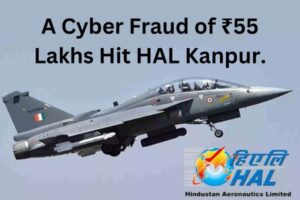Continuous Cyberattacks Take Advantage of Serious Flaws in Cisco Smart Licensing Utility

Continuous Cyberattacks Take Advantage of Serious Flaws in Cisco Smart Licensing Utility
The SANS Internet Storm Center reports that there are ongoing attempts to exploit two security holes that have been addressed and affect Cisco Smart Licensing Utility.
The following is a list of the two critical vulnerabilities in question:
- CVE-2024-20439 (CVSS score: 9.8): The existence of an administrative account’s undocumented, static user credentials, which an attacker could use to access a compromised system.
- CVE-2024-20440 (CVSS score: 9.8): An attacker may leverage an overly verbose debug log file as a vulnerability to gain access to the files using a well-constructed HTTP request and acquire credentials that would allow them to access the API.
If the vulnerabilities are successfully exploited, an attacker may be able to gain administrative privileges on the compromised system and access log files containing private information, such as login credentials for the API.
Nevertheless, the vulnerabilities can only be exploited when the program is operating.
Cisco has now addressed the vulnerabilities, which affect versions 2.0.0, 2.1.0, and 2.2.0, in September 2024. The two vulnerabilities do not affect Cisco Smart License Utility version 2.3.0.
According to Johannes B. Ullrich, dean of research at the SANS Technology Institute, threat actors have been seen actively trying to exploit the two vulnerabilities as of March 2025. He also stated that the unidentified threat actors are weaponizing other vulnerabilities, such as what appears to be an information disclosure flaw (CVE-2024-0305, CVSS score: 5.3) in Guangzhou Yingke Electronic Technology Ncast.
The campaign’s ultimate objective and its sponsor are presently unknown. Users must install the required fixes for the best protection in light of ongoing exploitation.
About The Author:
Yogesh Naager is a content marketer who specializes in the cybersecurity and B2B space. Besides writing for the News4Hackers blogs, he also writes for brands including Craw Security, Bytecode Security, and NASSCOM.
READ MORE HERE








